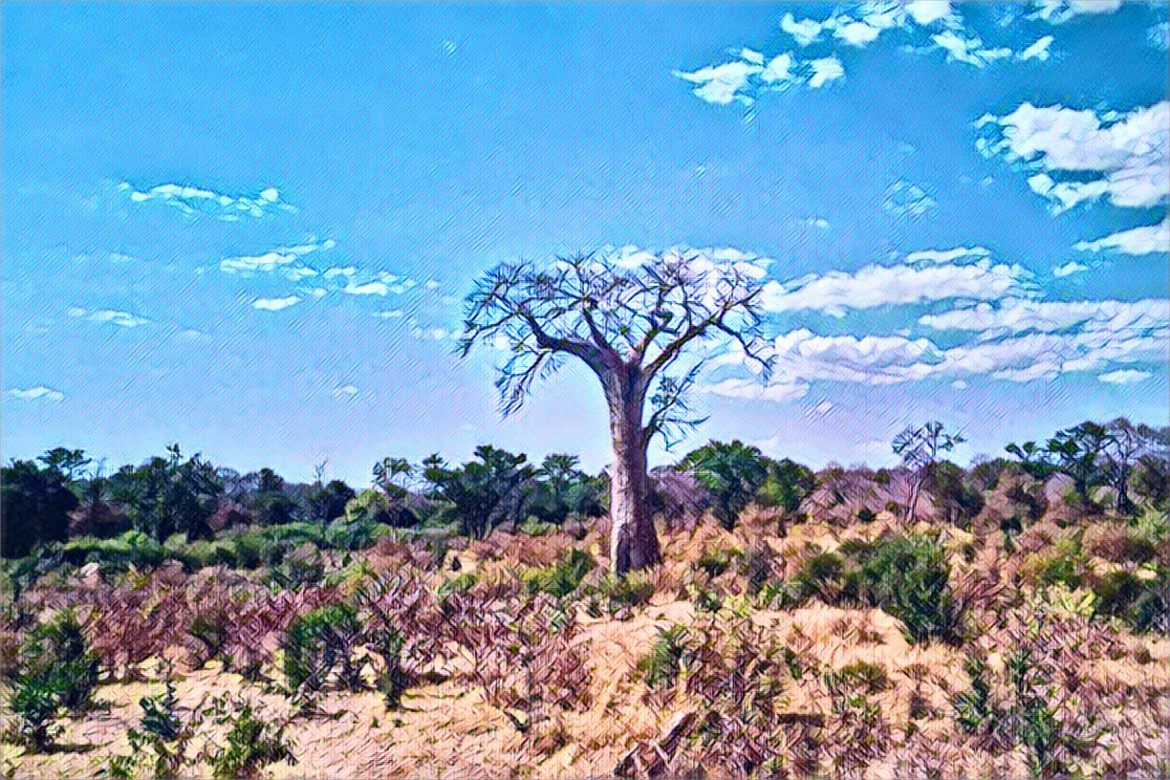South Pole, the global leader in carbon offsetting, has severed ties with its prominent forest protection initiative in Zimbabwe. This follows recent accusations of overstated claims.
Speculation suggests up to a fifth of South Pole’s workforce might face job cuts due to these allegations. Carbon offsets, a rapidly expanding billion-dollar market, let companies offset their emissions by investing in projects that reduce carbon elsewhere.
Last Friday, South Pole expressed doubts over the Kariba REDD+ project’s compliance. Owned by Carbon Green Investments (CGI), the project is one of the largest of its kind. REDD represents efforts to decrease emissions from deforestation in developing nations.
South Pole clarified in a recent statement that all carbon certification activities of the Kariba REDD+ project will henceforth be CGI’s domain. When approached, CGI did not provide an immediate comment.
Since its inception in 2011, the project has garnered approximately 36 million credits. Each credit signifies a ton of CO2 either removed or prevented from entering the atmosphere. South Pole assures that all sold carbon credits remain valid despite the recent split with CGI.
This move to end the partnership comes amid growing skepticism about the project’s authenticity and associated carbon credits. Verra, a leading carbon standard authority, recently initiated an investigation into the Kariba project. This action was prompted by a report from NewYorker magazine on October 16, titled “[The Great Cash-for-Carbon Hustle](https://www.newyorker.com/),” which insinuated fraudulent carbon reduction claims by South Pole.
Verra expressed deep concern over these allegations and confirmed the ongoing investigation. It also announced the suspension of any future credit issuances for the project until the probe concludes.
South Pole, while rejecting any deliberate misrepresentation, has pledged its support to Verra’s investigation. The company also hinted at a thorough review of its involvement in the Kariba project.
Established in 2011, Kariba REDD+ aimed to conserve nearly two million acres of Zimbabwean woodland. Major corporations, including Gucci, Nestlé, and Volkswagen, have invested in this project to counteract their emissions.
However, recent studies reveal inconsistencies in the actual carbon savings of projects linked to both South Pole and Verra. Further investigative reports have unveiled a significant discrepancy between pledged investments in Zimbabwe and actual on-ground verifications.
Several businesses, including Gucci as reported by The Guardian, have already withdrawn from the Kariba initiative. The global sentiment towards carbon offsetting projects remains skeptical, urging companies to seek genuine solutions for reducing emissions.


